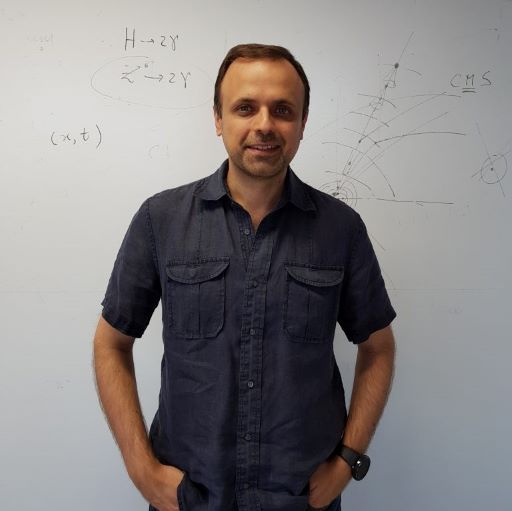To investigate the fundamental nature of matter and its interactions, particles are accelerated to very high energies and collided, producing a multitude of other particles. Identifying these collision products, as well as their energy and momentum, allows us to unveil the production mechanism of hadronic particles, to test with better precision the Standard Model of particle physics, and to possibly discover new particles associated with physics beyond the Standard model.
This represents an increasingly challenging data analysis problem, namely as the centre of mass energy and the rate of the collisions – and thus the number of produced particles – increase. This is already very challenging presently at the Large Hadron Collider (LHC) at CERN, currently setting the experimental high-energy frontier, and will become even more dramatic in its future upgrade, the High-Luminosity LHC, where the rate of collisions will increase by an order of magnitude.
To identify the particles created in these collisions and scattered in all directions, one needs to reconstruct their trajectories. As the charged particles cross the different layers of the detector, they leave a discrete trace of their passage, a set of points in three-dimensional space called hits. Tracking is the process of identifying the actual trajectories from this set of hits, which is considered a very demanding task from the computational point of view, and which could be amenable to acceleration by quantum computation in the future.
In this talk, we will analyse the computational complexity of the Combinatorial Track Finder algorithm [1] used in the Compact Muon Solenoid (CMS) detector at LHC, and discuss the potential of quantum computational speedup for tracking. Furthermore, we will present a quantum algorithm that executes the same task with lower computational complexity.
Work developed in collaboration with Andris Ambainis, Pedrame Bargassa, Maksims Dimitrijevs, Adam Glos, Mārtiņš Kālis, Akshat Kumar, Andris Locāns, Duarte Magano, Sagar Pratapsi, Gonçalo Quinta, Aleksandrs Rivošs, João Seixas.
[1] The CMS Collaboration, Description and performance of track and primary-vertex reconstruction with the CMS tracker, Journal of Instrumentation 9, 10009 (2014).
More details: Event poster
Organiser: National Institute for Theoretical Physics & University of KwaZulu-Natal, South Africa, and the University of Tunis El Manar, Tunisia
---------------------------------------------
*Disclaimer: The World Quantum Day is not responsible for the accuracy of the information submitted about this event.

